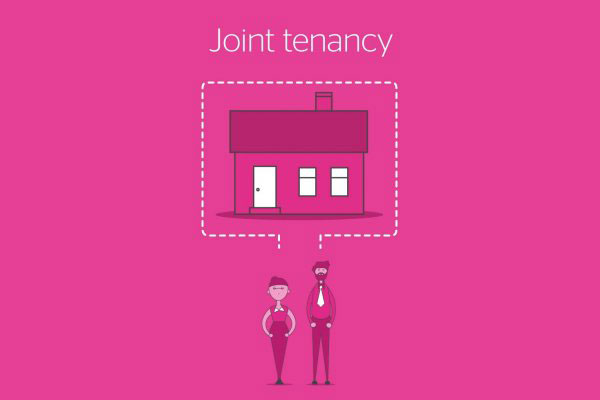What is Tenancy in Common? A Complete Guide
Advertisement
Susan Kelly
Jan 28, 2024
It's referred to as "tenancy in common," and it's a legal arrangement that allows two or more persons to possess the same property jointly. Everyone who owns a piece of property may have an equal or varied portion of the overall property, either commercial or residential, depending on their financial situation. It is the inheritance of a tenant in common who inherits their portion of the property after they die. They have the option of delegating it to anybody they wish. Here we will talk about tenancy in common and how it works.
How TIC (Tenancy in Common) Appears to work
They all have the same rights and responsibilities when two or more people own something together as tenants in common (TIC). This means they all have the same rights and duties in all parts of their home. People who live with each other can own different parts of the building.
It's possible that a person will become interested in a piece of property years after the other members have agreed to a tenancy-in-common deal. In the example above, we can say that Sarah and Leticia each owned 50% of the land at first. Sometimes, Sarah thought it would be a good idea to include Debbie in the deal. This is how it worked out: She agreed to split up her 50% share with her.
Getting Rid of a Tenancy

One or more co-tenants can buy out the other co-tenants to break up the tenancy in common to live on their own. To move forward, co-tenants must figure out what each other wants to do with the property and work out a plan that works for them. When people can't agree on what to do in certain situations, they may break up.
Tenants in common agree to split up the property in a legal partition case. A court will do this so each person can move forward independently. Putting things into separate groups can be called a "partition in kind." Make sure your co-tenants aren't fighting with each other. This is the easiest way to do it!
Joint Tenancy vs Tenancy in Common

Many things make them sound the same, but they are very different in many ways. It doesn't matter if two or more people sign a joint tenancy agreement. They all get an equal share of the land with the same deed. People in the group are much more important than just adding or taking away one person. TIC agreements let members change. If one member wants to sell their share, the deal is broken.
If someone wants to buy out the rest of their neighbors, they have to sell their share of the property. The money will then be divided up equally. They can also use the legal partition action to split their property if they have enough to do so.
Pros
1. Can help you buy a house
Having many people help you buy a house gives you more purchasing power. To get a better loan, use everyone else's money and debt to help you.
2. There could be different ways to own things
People can each own a piece of property that fits their needs because each tenant doesn't have to hold the same amount of land.
3. People can move out
The land doesn't hold anyone down for life. Everyone who lives in a home can sell their share if they need to. That way, you can more easily pass on the ownership of one of these than if you had two people living in the same house together.
Cons
1. All tenants have to pay their debts
If one of the renters doesn't pay their share of the mortgage, the other renters will have to pay the whole amount themselves.
2. Surviving rights are not given out
No one can say what happens to the property if one owner dies so no one can decide. With joint tenancy, this isn't the case at all.
3. One tenant may be able to compel the sale
There might be a fight if a new tenant moves in and causes trouble for the other people who live there. They could then force a sale that the other tenants don't want to happen. This is how it works:
Other ways to use Tenancy in Common
The idea of a tenancy-in-common arrangement is becoming more common when homes are sold. Instead of a limited or general partnership, this is a fixed or limited partnership. There might be investors who buy different parts of a new building from the same builder. They all own the same piece of land together. Make sure you know what your rights and responsibilities are if you're thinking about starting a business of this kind.







